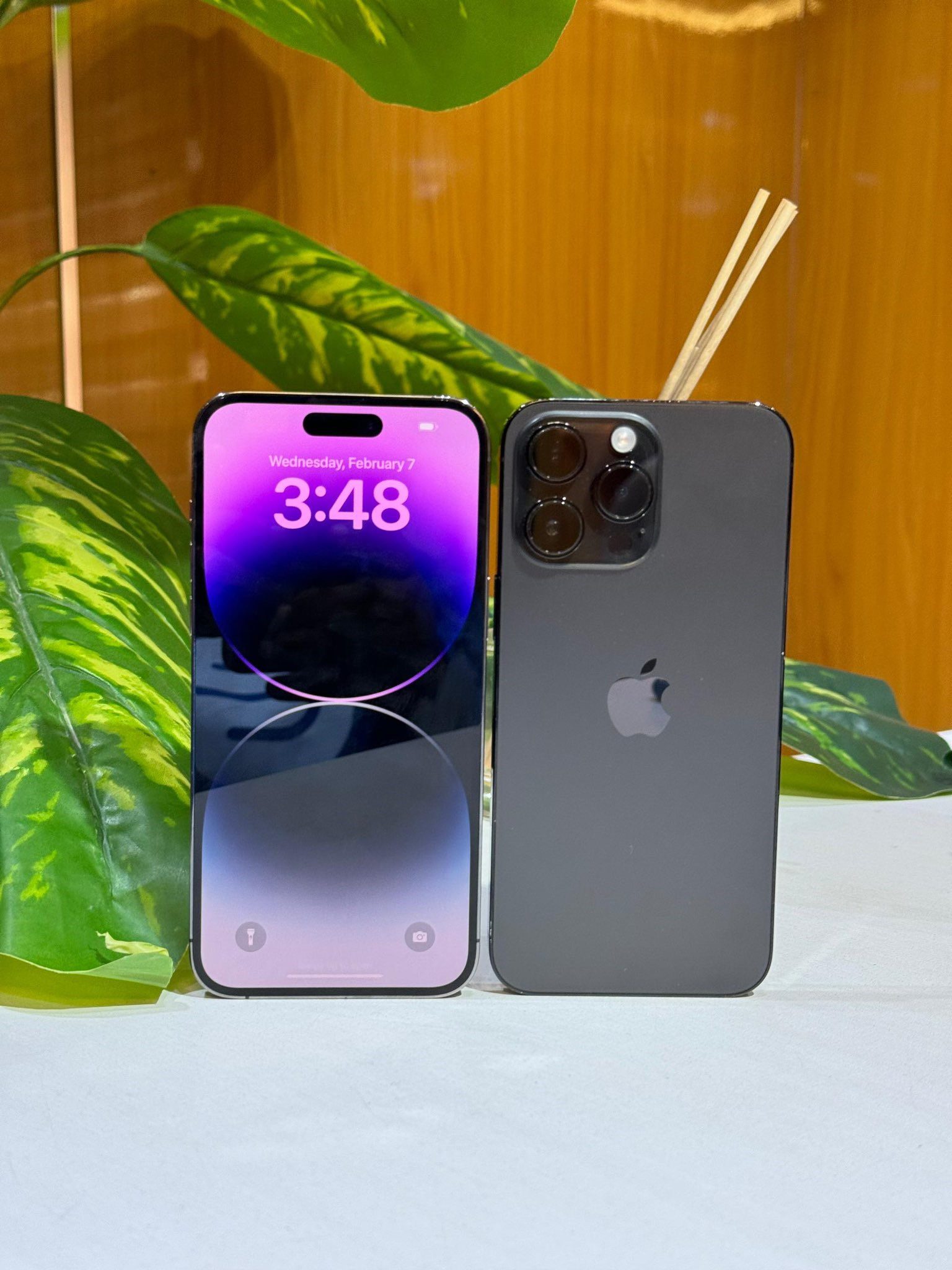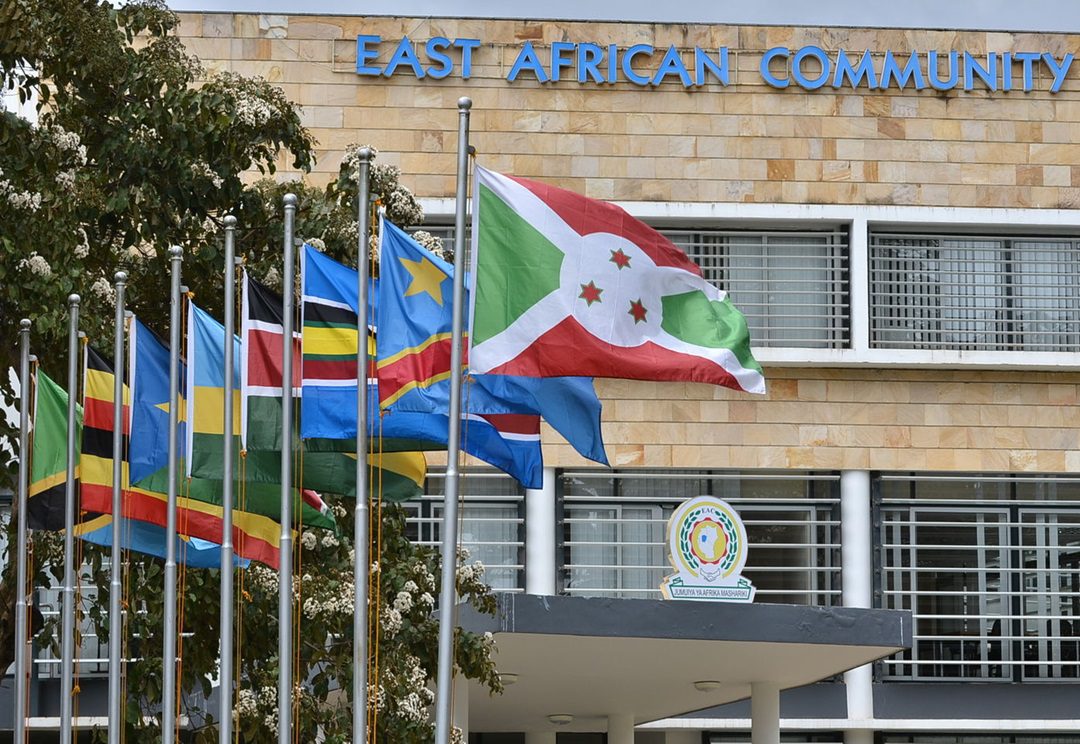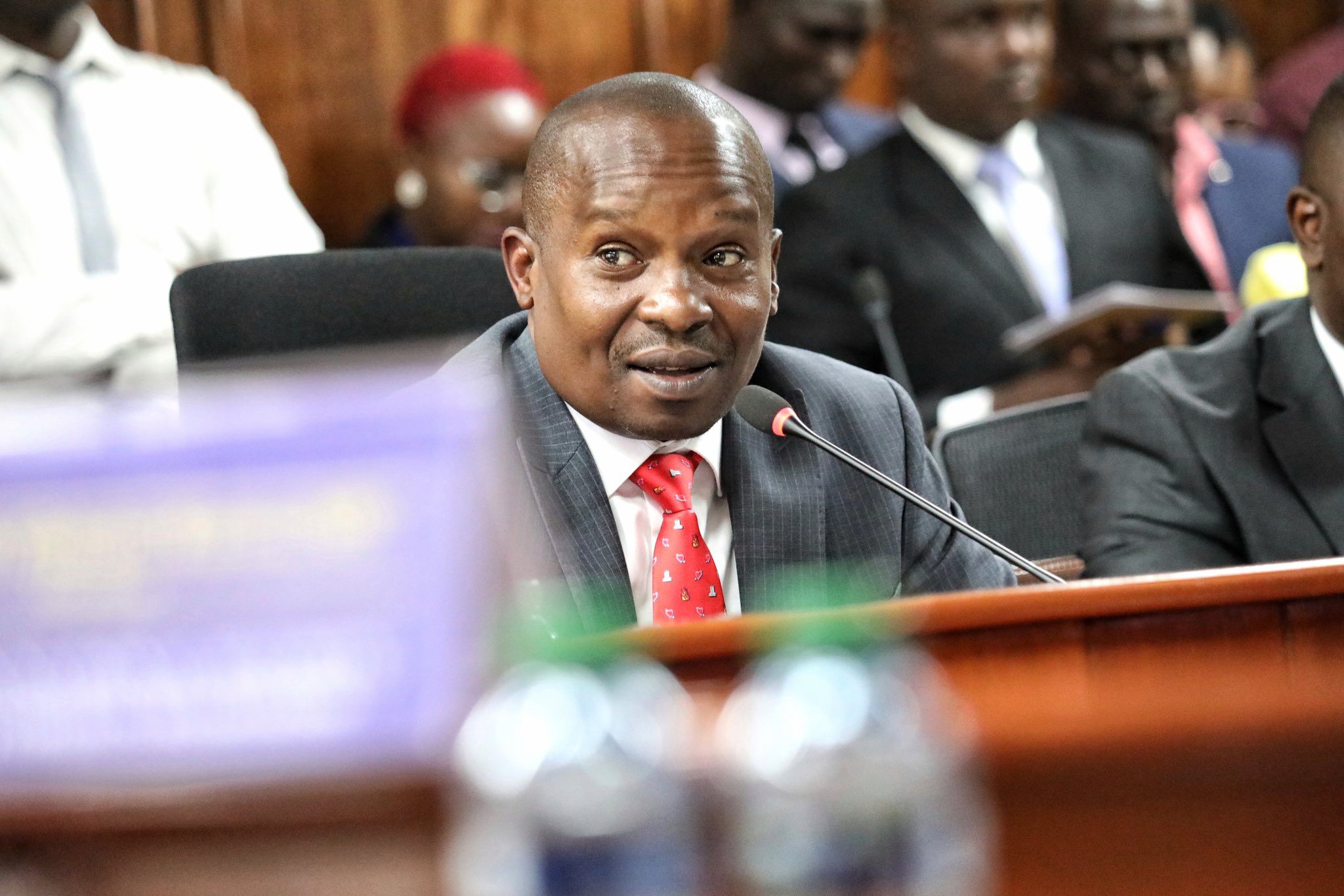Back in 2013, Safaricom introduced a product that allowed its customers to share data bundles akin to Sambaza airtime. It was a needed development that worked as advertised. But it would not live for long.
In between that period, a lot of people saw business opportunities, and what did they do? Start selling data bundles on the cheap because the carrier allowed transfer copious internet-accessing nuggets with no limitations to speak of.
Background
Now, here is a small background about what actually transpired: if you have a social media profile, you must have seen ads selling Safaricom bundles at a steal. Kenyans being Kenyans love a bargain, so they hopped onto this bandwagon in troves.
It was a big deal that we sourced to loopholes or missteps by the Safaricom technical team. There are tens of accounts detailing the origin of the mess, but two stood out. One is that Safaricom was, still sells some devices that come pre-packaged with data bundles. The bundles were, or are still redeemed using the device’s IMEI number. Crafty folks devised ways to generate those codes without a new phone and sold them to customers who could pay. And the business picked.
The second case was associated or allegedly linked to rogue Safaricom insiders who liaised with buyers on the outside to make a quick buck. It was so bad that customers could purchase pre-loaded and pre-registered lines.
The outcome? Well, months elapsed as Safaricom tried to search for a solution because the illegal business was making a bad name of Kenya’s top mobile operator.
Limited Sambaza Bundles
Safaricom had no option but revise the Sambaza data offerings. Customers were only allowed to send 10 MBs of data for a maximum of two times.
The adjustment, as expected, was met by an uproar. But we all have come to appreciate some of the toughest business decisions made by the carrier, even if they mean that a customer will suffer, at least for a short while. And to its book, the revision stayed on and has not been lifted to date, nearly four years later.
Outcome
As said, some harsh business decisions pay off in the long run, and it would appear Safaricom weeded out the illegal data business for good. You have not been seeing these businesses because they cannot sustain themselves. After all, those IMEI number issues were fixed, and in cases where they fall short, the bundles cannot be transferred to a customer because of the Sambaza limitation.
But we want Sambaza adjusted
The other day, I wanted to transfer data bundles to a friend but realized I couldn’t help them. A transfer of 20 MBs is an insult to them because our phones are filled to the brim with data-hungry apps and services. This rude reminder made me wish Safaricom had not enforced the limitation, and if the operator can re-revise the model to support at least 100 MBs of data transfer.
Of course, I would be reminded that customers can now purchase bundles for another line, including non-expiry ones. But what is I don’t want to do that?
It is a tough sell, but it would be friendlier if slight adjustments were made during these tough COVID-19 times.
























